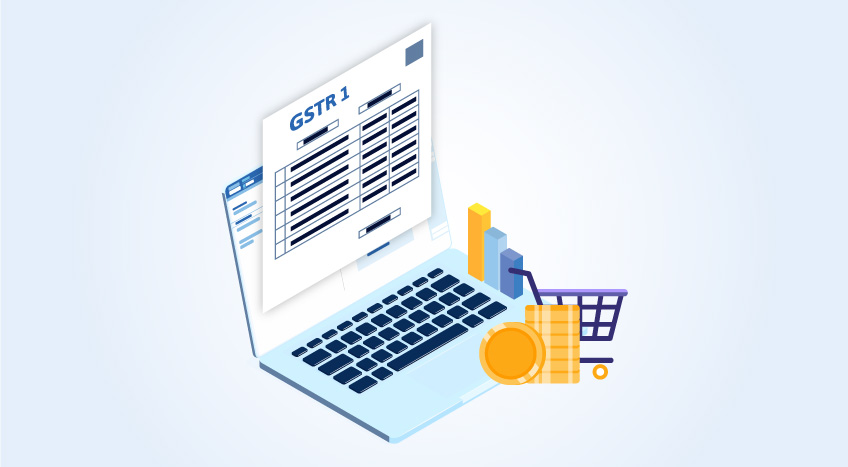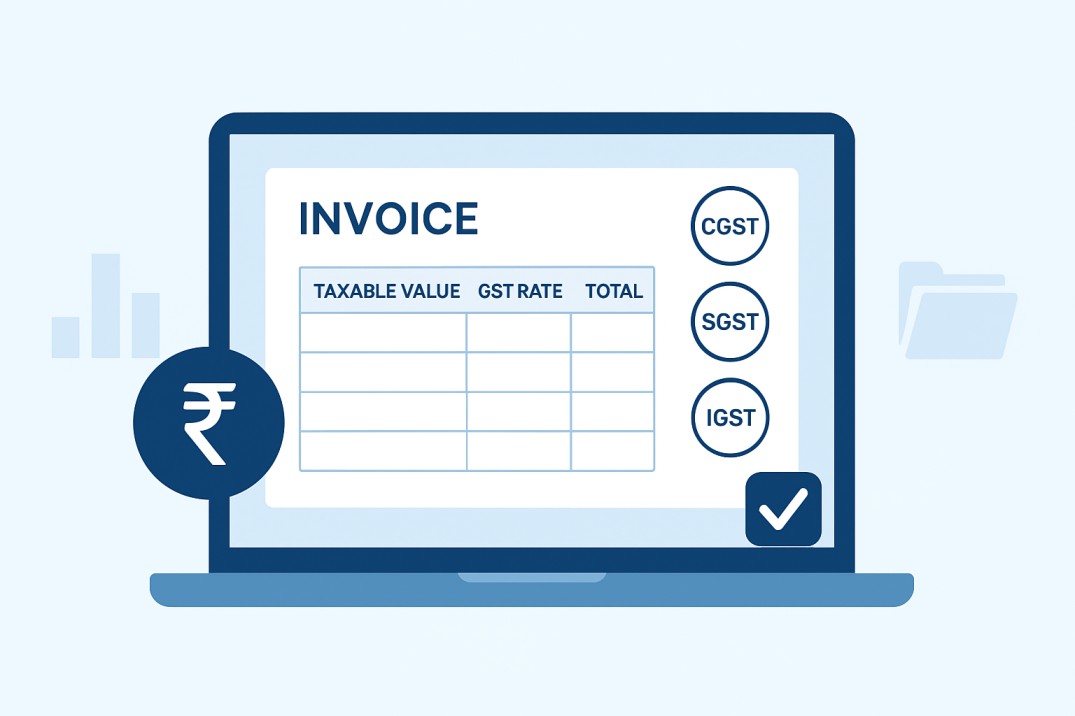The Institute of Chartered Accountants of India (ICAI) has introduced a Guidance Note that standardises the preparation and presentation of financial statements for Non-Corporate Entities (NCEs), effective for periods commencing on or after 1 April 2024. Below are key questions from this Guidance Note, rephrased for clarity and practical understanding for Indian MSMEs.
1. What is the purpose of the ICAI guidance note?
The ICAI Guidance Note aims to provide a uniform and comprehensive framework for preparing financial statements of non-corporate entities. This helps enhance the quality, consistency, reliability, and comparability of financial information presented by businesses such as sole proprietorships, partnerships, trusts, and societies.
2. Who must comply with the ICAI guidance note?
The Guidance Note applies to all business or professional entities except companies (under the Companies Act) and Limited Liability Partnerships (under the LLP Act). The most common forms covered include:
- Sole proprietorships
- Hindu Undivided Families (HUFs)
- Registered and unregistered partnership firms
- Associations of persons (AOPs), bodies of individuals (BOIs)
- Societies and trusts
- Statutory corporations and autonomous bodies
This guideline does not apply where specific formats are prescribed by other statutes or regulatory authorities or where ICAI has released special guidance.
3. Is compliance with the guidance note mandatory?
Yes, the Guidance Note is mandatory, holding the same authority as other ICAI Guidance Notes. Auditors are expected to check whether the recommendations are followed. If a business does not comply, the auditor must disclose this in their report and use professional judgement to consider if a modified opinion is necessary.
4. From which financial year does this guidance note apply?
The Guidance Note is applicable for accounting periods beginning on or after 1 April 2024. All eligible entities must adopt the prescribed formats and disclosures from this date.
5. What are the main components required in the financial statements as per the guidance note?
The complete financial statements should include:
- Balance Sheet
- Statement of Profit and Loss
- Cash Flow Statement (mandatory for large entities; optional for MSMEs)
- Notes to Accounts, providing detailed disclosures
Adding extra line items or substituting prescribed ones is allowed if it improves the clarity or meets sector-specific requirements.
6. Can my MSME add or omit line items in the financial statements?
You can add or substitute line items, sub-line items, and sub-totals on the face of the financial statements if such presentation is relevant for understanding your non-corporate's financial position or performance. This also applies if required for industry-specific disclosures or compliance with statutes or Accounting Standards.
Regarding omissions, if a line item has a 'Nil' balance in both the current and immediately preceding period, and its omission does not affect the true and fair view of the financial statements, you can omit it. Presenting zero values for such items may not serve any useful purpose.
7. Are comparative figures from the previous year required to be presented in the new format?
Yes, you must provide corresponding amounts (comparatives) for the reporting period immediately preceding. This is a must for all items shown in the financial statements, including notes. This ensures comparability over time, which is a qualitative characteristic of financial statements. This requirement applies from April 1, 2024, except for entities preparing their first financial statements after incorporation.
8. What happens if my MSME does not comply with the prescribed formats?
If your NCE does not furnish financial statements in the prescribed presentation format or fails to comply with the Guidance Note's requirements, your auditor is required to disclose this non-compliance in their report. The auditor will use their professional judgment to determine if this non-adherence results in a modified audit opinion. While Guidance Notes are recommendatory, professional accountants should consider and apply them, or document the rationale for alternative procedures.
9. What is the applicability of accounting standards to non-company entities from April 1, 2024?
The ICAI has issued a "Revised criteria for classification of Non-company entities for applicability of Accounting Standards." This is effective for accounting periods starting on or after April 1, 2024. Non-company entities are now classified into two categories: Micro, Small and Medium-Sized Entities (MSMEs) and Large entities.
An MSME is a non-company entity that meets the following conditions as at the end of the relevant accounting period:
- Equity or debt securities that have not been listed or are in the process of being listed on an Indian or international stock exchange.
- It is not a bank, financial institution, or insurance company.
- Turnover (excluding other income) does not exceed ₹250 crore in the previous accounting year.
- Borrowings do not exceed ₹50 crore at any time during the previous accounting year.
- It is not a holding or subsidiary of an entity that is not an MSME.
A Large entity is any non-company entity that does not qualify as an MSME. Large entities must comply in full with all Accounting Standards. Certain exemptions and relaxations are available for MSMEs.
10. What if a statutory body or another regulator mandates a different format?
If a statute, regulatory authority, or ICAI has laid out a specific format for your sector (such as for educational institutions or not-for-profits), you must follow those formats instead of the general Guidance Note template.

















